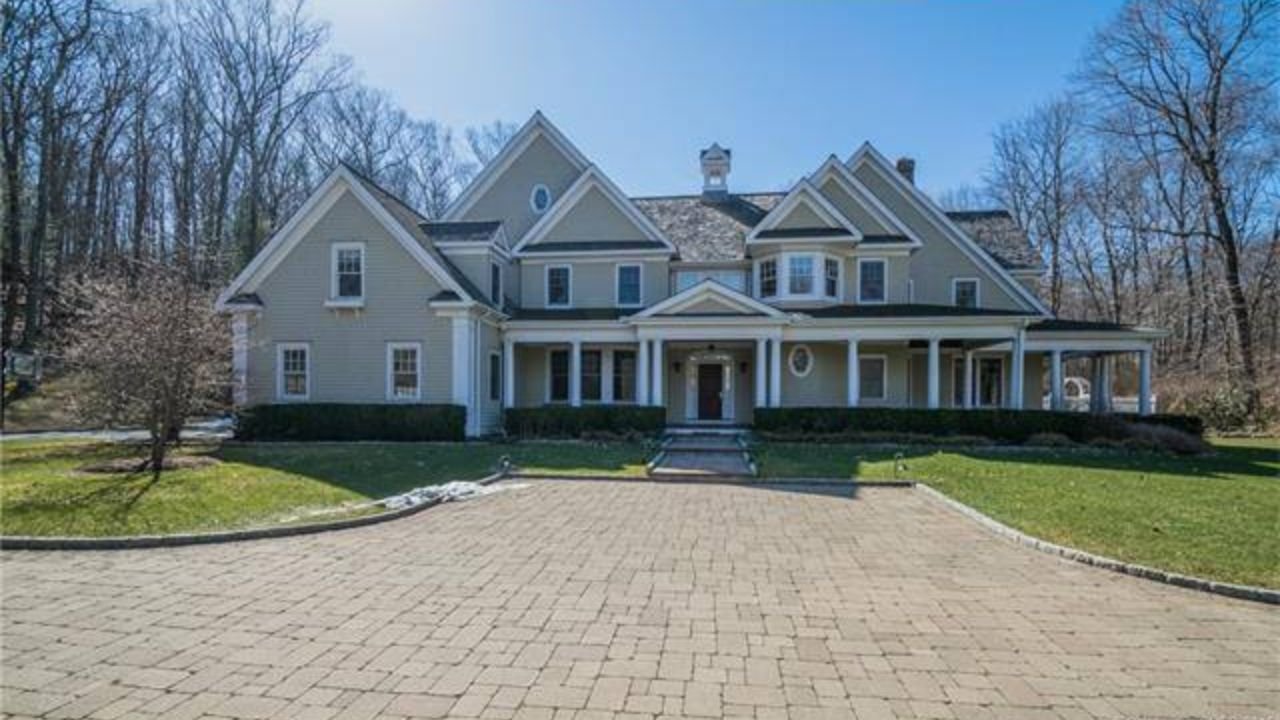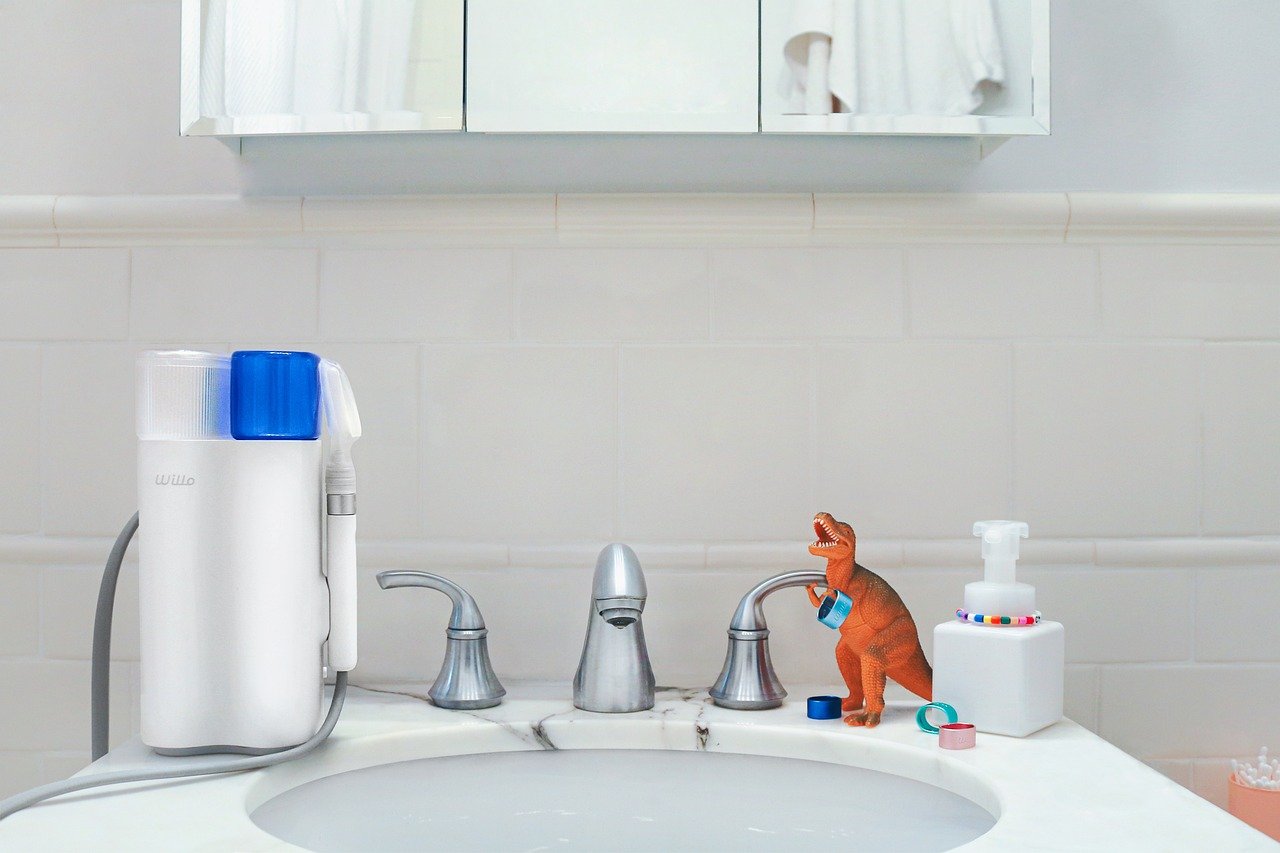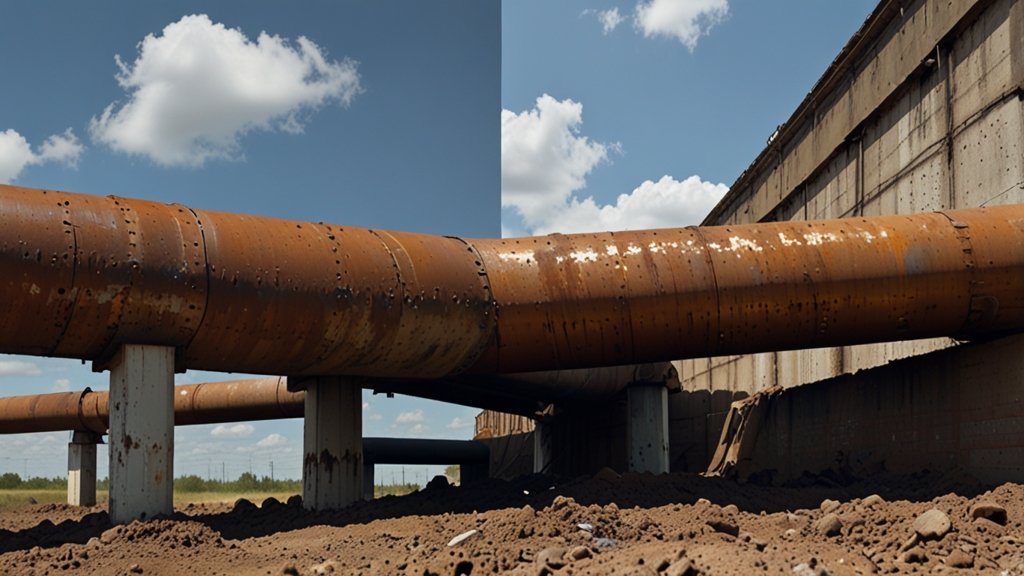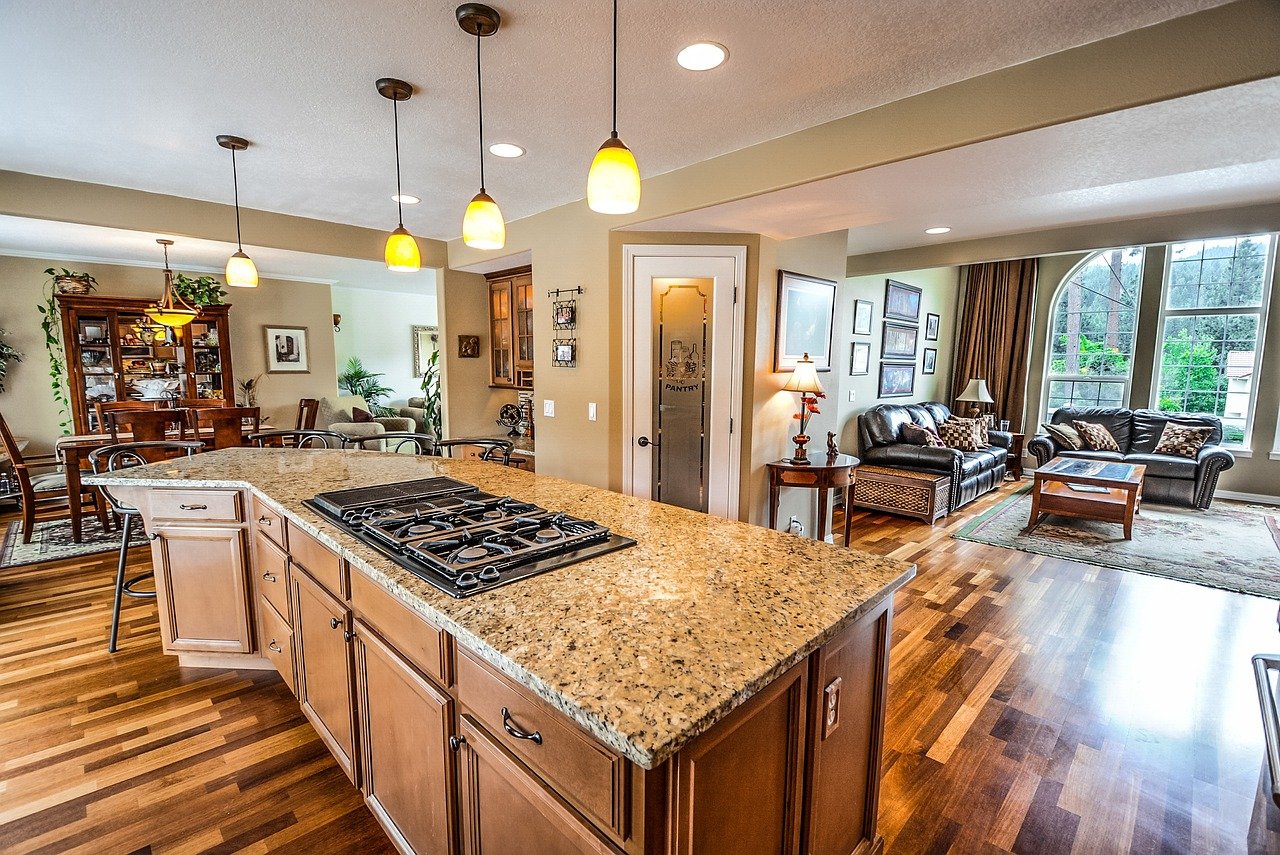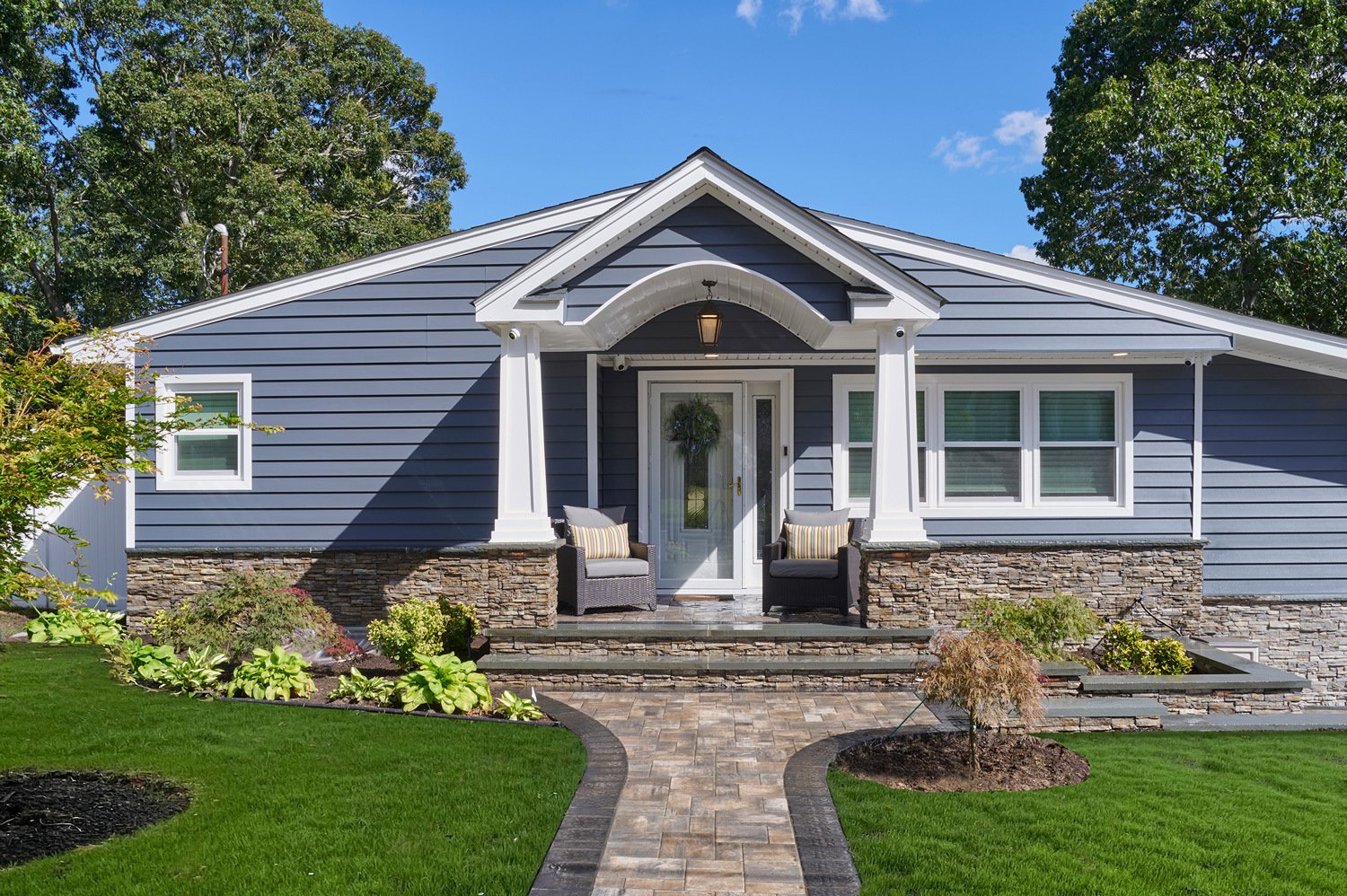The UAE has emerged as a global hub for real estate investment, attracting investors from around the world with its booming economy, strategic location, and world-class infrastructure. Whether you’re looking at a luxury apartment in Dubai, a villa for sale in Sharjah, or a commercial property in Abu Dhabi, the UAE offers diverse opportunities for foreign buyers. However, investing in UAE real estate comes with its own set of considerations. This blog will explore the key factors that foreign buyers should keep in mind when looking at property for sale in the UAE.
1. Understanding the UAE Real Estate Market
Before diving into the investment process, it’s crucial to understand the dynamics of the UAE real estate market. The market is diverse, with options ranging from residential to commercial properties across various emirates. Dubai and Abu Dhabi are the most popular among foreign investors due to their well-established infrastructure and vibrant economy. However, other emirates like Sharjah, Ras Al Khaimah, and Ajman are also gaining traction for their affordability and growth potential.
– Dubai: Known for its iconic skyline and luxury properties, Dubai offers a wide range of investment opportunities, from high-end apartments to waterfront villas. The market here is well-regulated, with clear legal frameworks that protect investors.
– Abu Dhabi: As the capital of the UAE, Abu Dhabi offers a more stable and mature real estate market. The city has seen significant growth in both residential and commercial sectors, making it an attractive option for long-term investors.
– Sharjah: Sharjah, known for its cultural heritage and family-friendly environment, is becoming increasingly popular among investors looking for affordable options. A villa for sale in Sharjah can offer great value, particularly for those seeking a quieter lifestyle while still being close to Dubai.
2. Legal Considerations for Foreign Buyers
One of the most important aspects of investing in UAE real estate is understanding the legal framework. While the UAE is welcoming to foreign investors, there are specific regulations that govern property ownership, particularly for non-residents.
– Freehold vs. Leasehold: In most emirates, including Dubai, Abu Dhabi, and Ras Al Khaimah, foreign buyers can purchase freehold properties in designated areas. Freehold ownership gives you full ownership of the property and the land it sits on. In other areas, particularly in Sharjah, foreigners are restricted to leasehold properties, where you can lease the property for a period of up to 99 years but do not own the land.
– Property Ownership in Sharjah: Foreign buyers looking for a villa for sale in Sharjah should note that, traditionally, property ownership in Sharjah was limited to UAE nationals and citizens of other Gulf Cooperation Council (GCC) countries. However, recent changes in regulations have made it possible for expatriates to purchase property under specific conditions, primarily through long-term leases. Understanding these regulations is crucial before making any investment decisions.
– Legal Documentation: Ensuring that all legal documentation is in order is vital. This includes the Sales and Purchase Agreement (SPA), No Objection Certificate (NOC) from the developer, and a title deed from the Dubai Land Department (DLD) or the relevant authority in other emirates. Hiring a local lawyer or a real estate consultant can help navigate the legal processes smoothly.
3. Financing Your Property Purchase
Financing is another critical consideration for foreign buyers. While the UAE offers various financing options, the terms and conditions may vary depending on your residency status and the type of property you are purchasing.
– Mortgages for Foreign Buyers: Non-residents can apply for mortgages in the UAE, but the loan-to-value (LTV) ratio is typically lower than that for residents. For example, non-residents might be required to make a down payment of 25-35% of the property value, compared to 20% for residents. Interest rates can also be higher for foreign buyers.
– Payment Plans: Many developers in the UAE offer flexible payment plans, especially for off-plan properties. These plans allow you to pay in installments over a few years, which can ease the financial burden. However, it’s important to carefully review the terms and conditions of these plans to avoid any surprises.
– Currency Considerations: Since the UAE dirham (AED) is pegged to the US dollar, currency fluctuations might not be as significant as in other markets. However, it’s still essential to consider the exchange rate and any potential transfer fees when moving large sums of money from your home country to the UAE.
4. Choosing the Right Property
Selecting the right property is a crucial step in the investment process. The UAE offers a wide range of options, from luxury apartments and villas to commercial spaces. Your choice will depend on your investment goals, budget, and personal preferences.
– Location: Location is key in real estate investment. Properties in prime locations like Downtown Dubai, Palm Jumeirah, or Abu Dhabi’s Saadiyat Island tend to have higher demand and offer better returns. However, emerging areas like Dubai South or Sharjah’s Aljada are also worth considering for their growth potential and affordability.
– Property Type: Whether you’re looking for a residential apartment, a villa for sale in Sharjah, or a commercial property, it’s essential to choose a property type that aligns with your investment goals. Residential properties in popular areas can offer good rental yields, while commercial properties may provide long-term stability.
– Off-Plan vs. Ready Properties: Off-plan properties, or properties that are still under construction, can offer lower prices and flexible payment plans. However, they come with higher risks, such as delays in completion or changes in the project. On the other hand, ready properties are immediately available for use or rent, providing quicker returns on investment.
5. Market Trends and Return on Investment (ROI)
Understanding market trends and potential ROI is crucial for making informed investment decisions. The UAE real estate market has experienced fluctuations over the years, but it remains a lucrative investment destination due to its strategic location and business-friendly environment.
– Rental Yields: The UAE offers attractive rental yields, particularly in Dubai and Sharjah. Depending on the location and property type, rental yields can range from 5% to 8% per annum. Areas with high demand for rental properties, such as Dubai Marina or Sharjah’s Al Khan, tend to offer better returns.
– Capital Appreciation: Property prices in the UAE have shown resilience, particularly in well-established areas. While some markets have experienced corrections, long-term capital appreciation remains strong, especially in prime locations and emerging hotspots.
– Impact of Expo 2020: The Expo 2020 in Dubai has had a positive impact on the real estate market, driving demand for both residential and commercial properties. The legacy of the Expo is expected to continue boosting the market in the coming years, particularly in areas surrounding the Expo site, such as Dubai South.
6. Cultural and Lifestyle Considerations
Investing in UAE real estate is not just about financial returns; it’s also about the lifestyle and cultural experiences the country offers. The UAE is known for its diverse and cosmopolitan society, with a high standard of living, world-class amenities, and a safe environment.
– Lifestyle in Sharjah: If you’re considering a villa for sale in Sharjah, you’ll find a more traditional and family-oriented lifestyle compared to the fast-paced environment of Dubai. Sharjah is known for its cultural heritage, educational institutions, and serene residential neighborhoods, making it an ideal choice for families and those seeking a quieter life.
– Expatriate Community: The UAE is home to a large expatriate community, making it easier for foreign buyers to integrate and feel at home. Whether you’re looking for international schools, healthcare facilities, or leisure activities, the UAE offers a wide range of options to cater to expatriates.
– Cultural Norms and Regulations: While the UAE is a modern and progressive country, it’s important to be aware of the local customs and regulations, particularly regarding property ownership and lifestyle choices. Understanding these cultural norms can help ensure a smooth and enjoyable investment experience.
7. Conclusion: Making a Smart Investment Decision
Investing in sharjah waterfront villas offers a unique opportunity to tap into one of the most dynamic and promising real estate markets in the world. However, as a foreign buyer, it’s essential to conduct thorough research and consider all the factors discussed in this blog, from legal considerations and financing options to market trends and lifestyle choices.
Whether you’re eyeing a luxury apartment in Dubai or a villa for sale in Sharjah, making an informed decision will help you maximize your investment potential and enjoy the benefits of owning property in the UAE. By working with reputable developers, real estate agents, and legal advisors, you can navigate the complexities of the UAE real estate market and secure a valuable asset in this thriving region.







